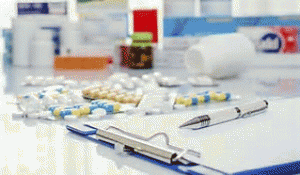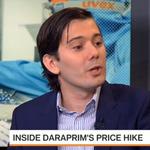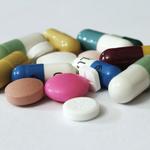 As major pharmaceutical producers announce price hikes for the drugs used to treat serious illnesses, consumer concerns also jump. In fact, the cost of medical drugs has become the major distress for the great majority of Americans. Some 70 percent surveyed by Kaiser Family Foundation, a nonpartisan researcher listed drug costs as their top issue.
As major pharmaceutical producers announce price hikes for the drugs used to treat serious illnesses, consumer concerns also jump. In fact, the cost of medical drugs has become the major distress for the great majority of Americans. Some 70 percent surveyed by Kaiser Family Foundation, a nonpartisan researcher listed drug costs as their top issue.
Those who are coping with such diseases as cancer, hepatitis, HIV and others are responding very vocally to what some term “pharma greed.” They have caught the attention of the country’s legislators as well. The issue is the top health priority of both major parties as well as Independents.
The unhappiness among patients, doctors and insurers has been prompted by such announcements as the one made by Turing Pharmaceuticals that it was raising the prices of drugs in use for long periods – some by as much as 5,000 percent. Turing’s CEO reacted to pressure by announcing the company would lower some prices. As of this date, the decrease had not become effective.
Sixty-three percent of Americans support government action to address the high cost of drugs, and the pressure on Congress is consistently increasing. Several potential candidates for the 2016 presidential election have addressed the issue in campaign forums and even the Republicans seem to be shifting toward government interference to force drug producers to slow the trend to costlier medications.
The manufacturers cite rising costs for research and development, insufficient competition and drug shortages for their escalating prices. From 2008 to 2014, prices for the most widely prescribed brand-name drugs rose 128 percent and in 2014 alone, total spending on prescriptions went up 13 percent.
The growing number of placard-carrying protesters, the increasing visibility of the issue in public forums and growing interest in political circles virtually guarantee that the cost of prescriptions will have a prominent spot on country’s political agenda over the next few years.


